I've started to sleep in a cold bedroom – and it has transformed my habits for the better
A cool space may not sound sleep-inducing, but now I can't fall asleep in any other space – here's what I learned after switching off the heating
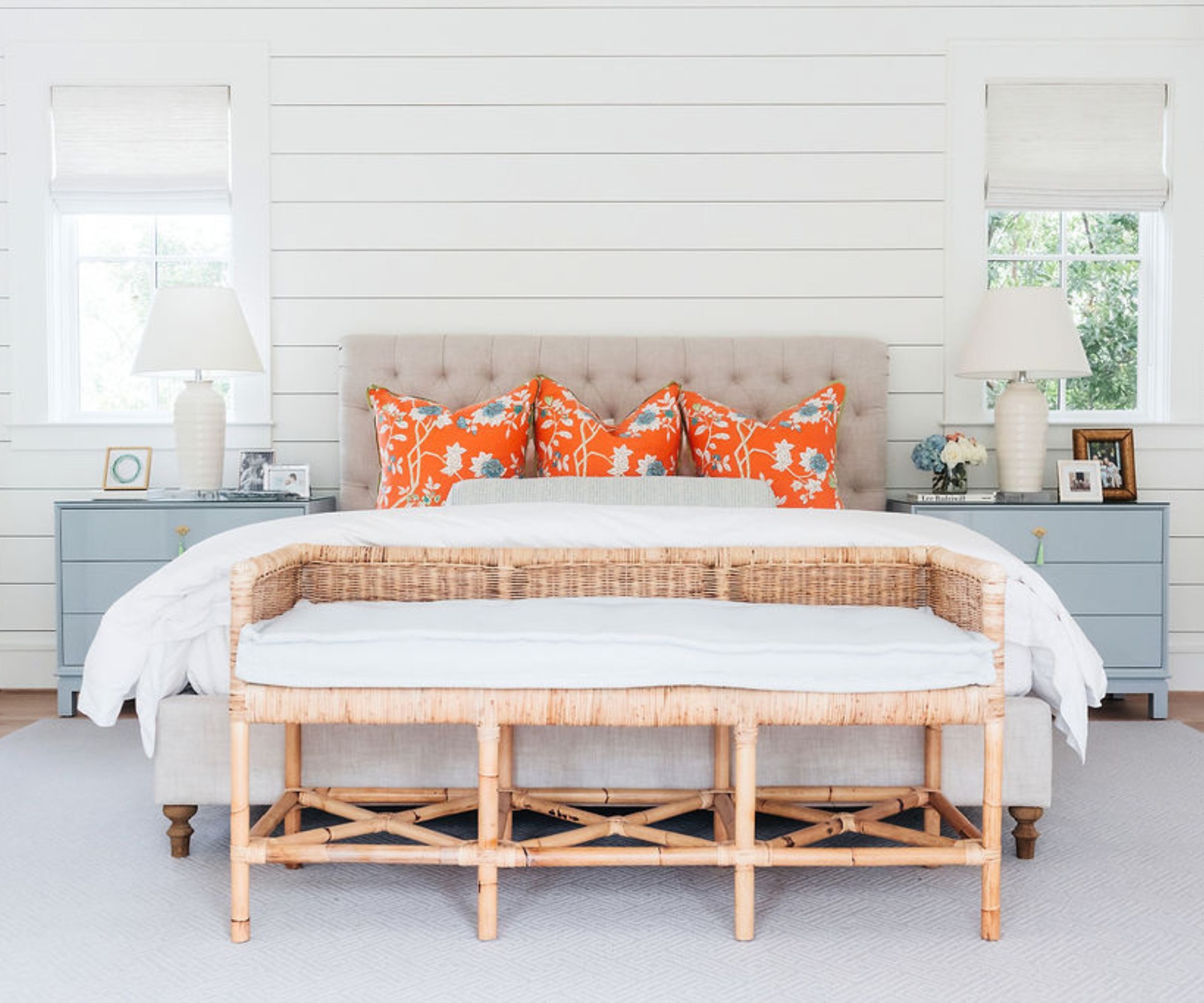

I will be the first to admit that a cold bedroom does not sound like the most inviting concept – not least because the 'cold' label comes with such negative connotations.
If you're anything like me, you will hold your sleep space as the most important room in the home, and naturally, this means doing everything you can to nurture and promote healthy well-being. However, this goes beyond the ever-important study of sleep-inducing colors, scents, and textiles.
When it comes to sleeping better, I have read a host of research about the best and worst bedroom colors and the best bed sheet colors to improve sleep – but what is the best temperature for a peaceful slumber?
In the summertime, I began to notice my sleep lacked the quality I so desired – and, while this will probably come as no surprise, it did spark my question as to whether a cooler room is superior.
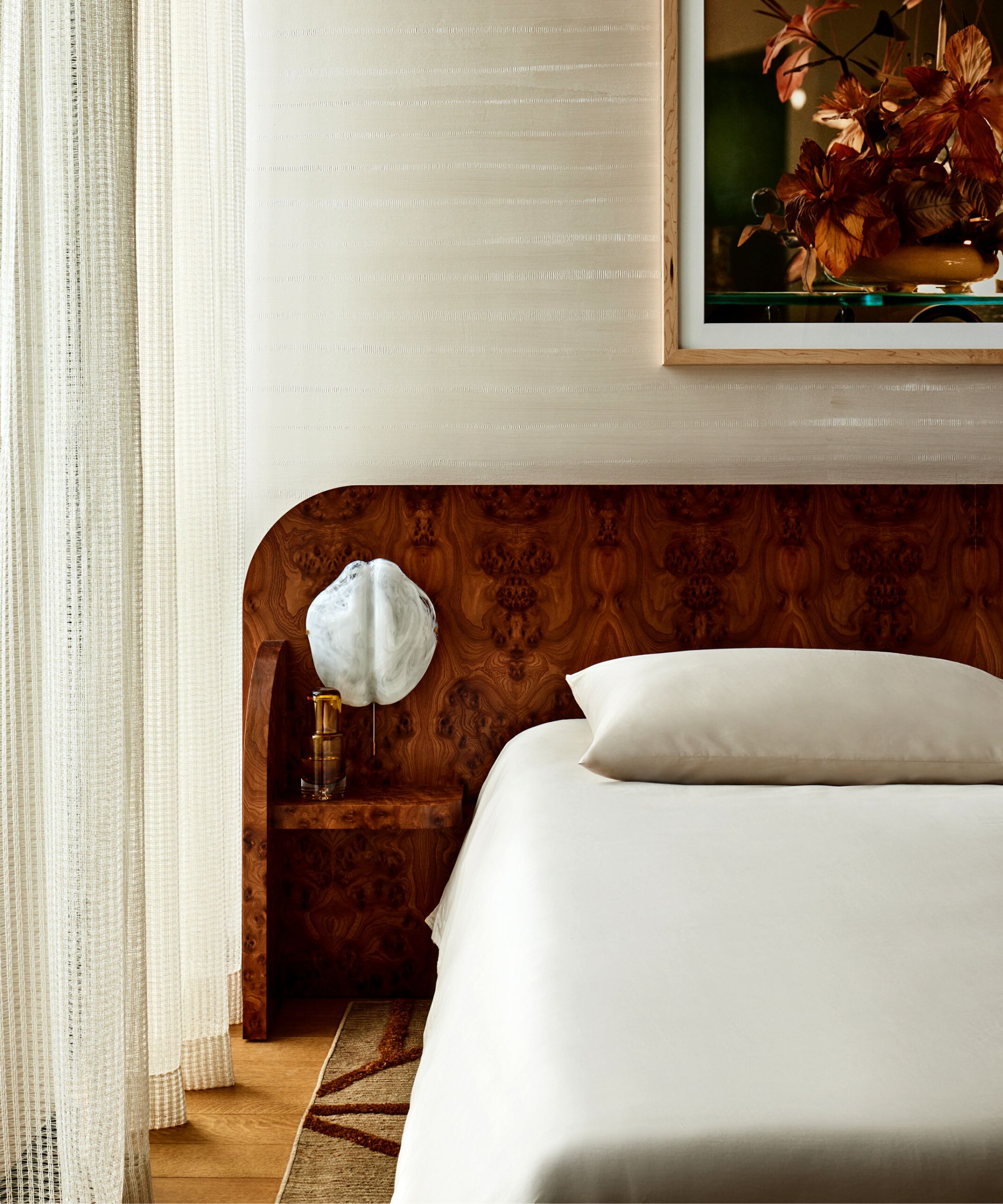
Though knowing how to cool down a room is easier said than done (especially in summer), I decided to make my room cold: cold enough that, in the morning, I would feel slight (but refreshing) shivers as I climatize from my shower or get dressed. Cold enough that it's not freezing, but certainly not moderate, either.
It goes without saying that it was harder in late summer and early fall when I first made a conscious effort to bring lower the temperature. During these weeks, I cooled my room with a fan and made an effort to keep my curtains closed throughout the daytime. However, the process became much simpler as fall progressed. I simply opened my window to allow the cool London air to fill my bedroom and, of course, ensure my radiator is turned off.
I confess that I am contending with a British climate – meaning the nights can get chilly – and my space feels cool without doing more than opening a window. However, if I were to navigate a hotter climate, I would switch my air conditioning to a cooler setting and switch to thinner best bed sheets, where possible.
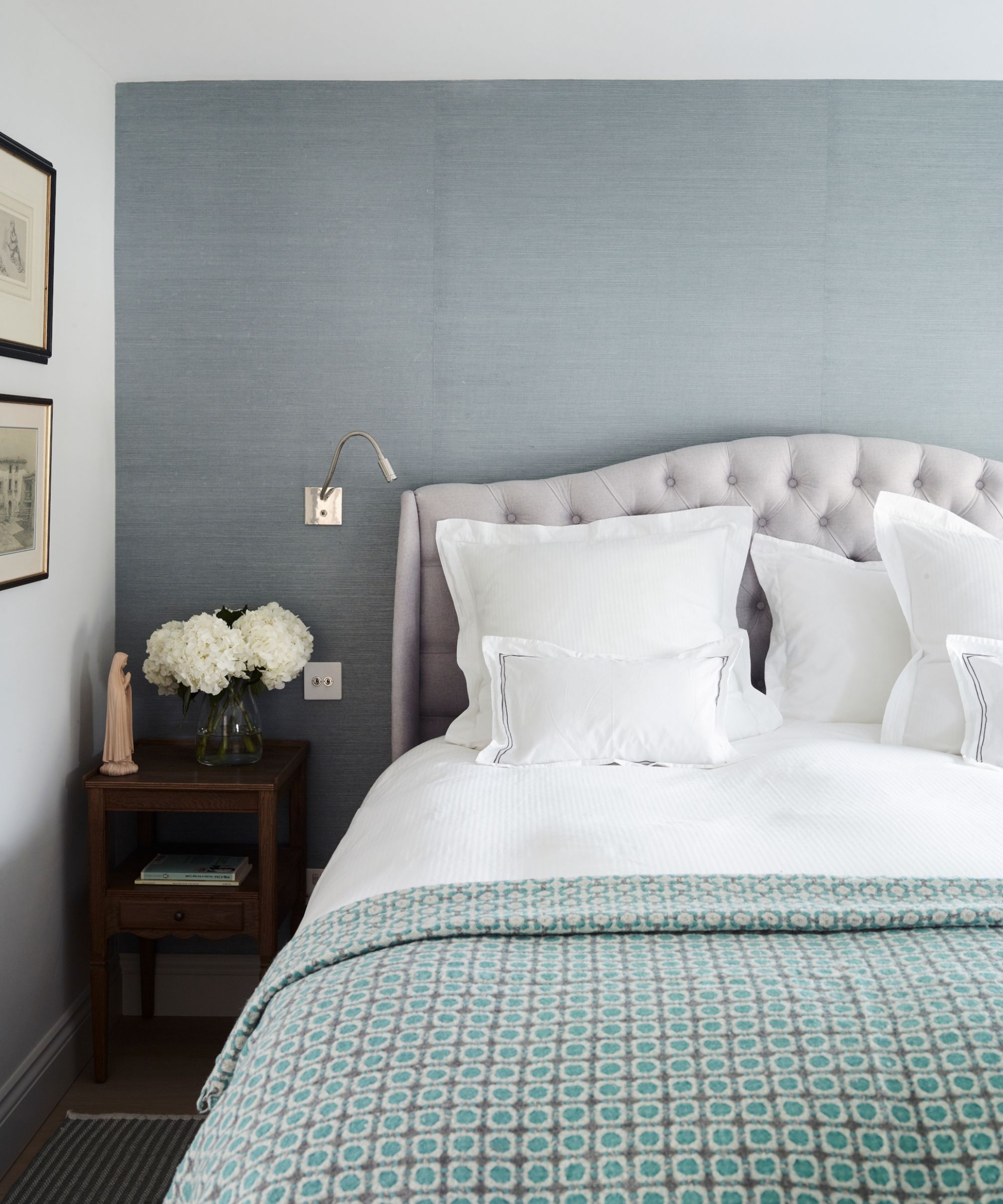
After making my room cooler, I began to notice my sleep schedule improve. Most nights, I sleep through until morning – which I know comes down to other factors, too – but that rarely happened when my room was hotter.
Mornings are chilly, and as someone who doesn't love to get up, waking in a colder room is not always the most pleasant. However, what is pleasant is knowing I have had a longer, deeper sleep that will sustain me for the day ahead.
I am a cold sleeper convert and am all too aware of its impact – but I couldn't help but wonder, what does the science behind the cooler sleep involve? And what is the optimum climate you should aim for?
Whitney Roban, Ph.D., a sleep expert and founder of Solve Our Sleep, recommends sleeping in a bedroom between 60-68°F.
'I personally sleep in a bedroom at 64°F. I actually keep my home warm during the day, as I am always cold. However, at night, I turn down the thermostat all the way down to 64°F, as I know it will aid in a great night of sleep,' Whitney says.
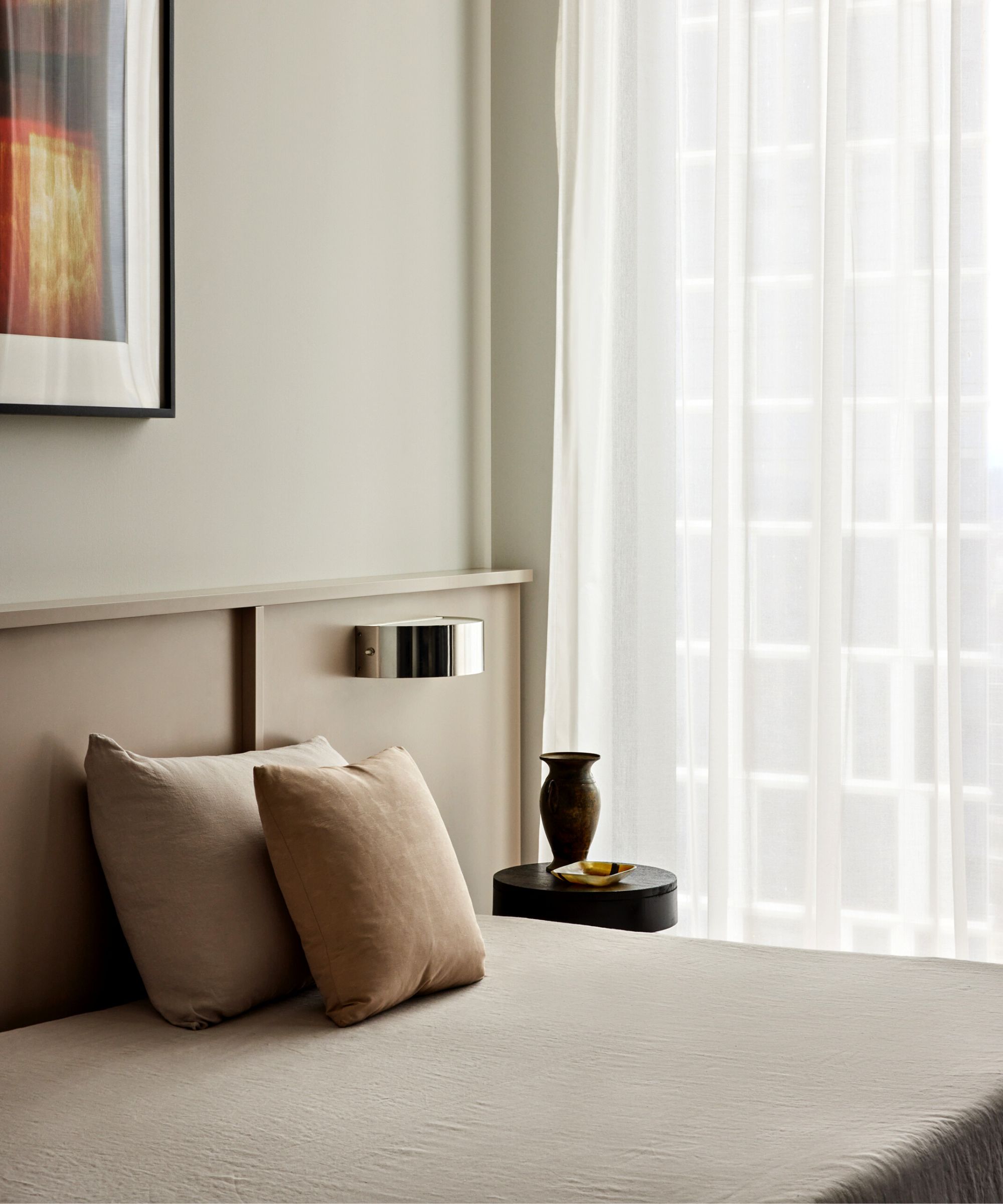
As we approach bedtime, we should look to lower our body temperature to increase our body's melatonin production – the hormone that makes us feel sleepy. 'Sleeping in a cold room will help decrease our body temperature and increase our natural melatonin production,' the expert says.
But its benefits don't end there. 'Keeping cool at night will not only help you fall asleep but will prevent you from waking up at night overheating. This will result in a better quantity and quality of sleep, which will improve your physical health (less risk of short-term and chronic illness), mental health (improved mood and lower risk of clinical disorders), and behavioral health (better focus, productivity, efficiency).'
When it comes to better sleep tips, this feels unrivaled. I can't help but wonder why I never turned down the temperature before.
Sign up to the Homes & Gardens newsletter
Design expertise in your inbox – from inspiring decorating ideas and beautiful celebrity homes to practical gardening advice and shopping round-ups.

Megan is the Head of Celebrity Style News at Homes & Gardens, where she leads the celebrity/ news team. She has a history in interior design, travel, and news journalism, having lived and worked in New York, Paris, and, currently, London. Megan has bylines in Livingetc, The Telegraph, and IRK Magazine, and has interviewed the likes of Drew Barrymore, Ayesha Curry, Michelle Keegan, and Tan France, among others. She lives in a London apartment with her antique typewriter and an eclectic espresso cup collection, and dreams of a Kelly Wearstler-designed home.
-
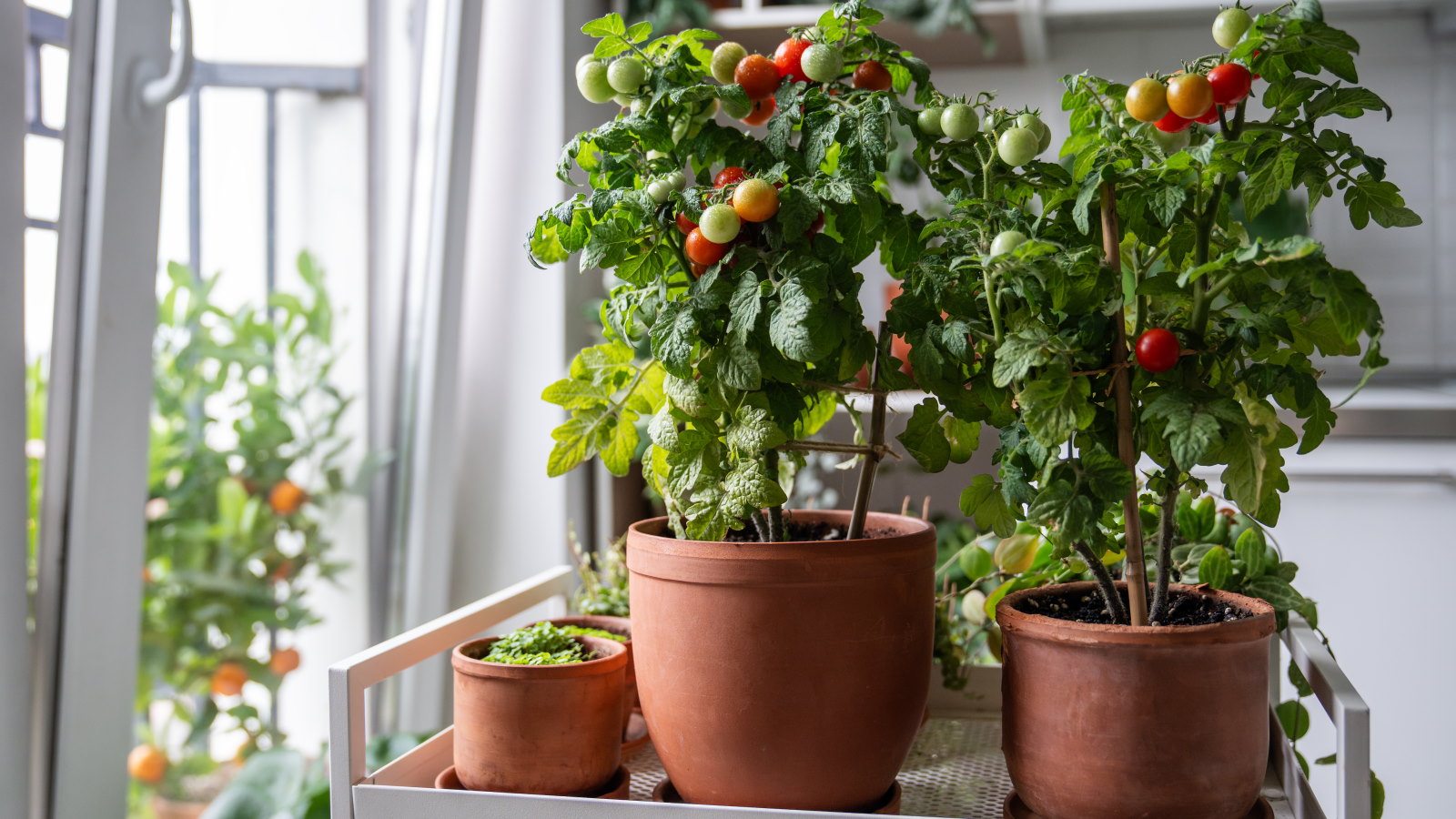 7 of the best tomatoes for growing in pots - expert growers pick their top varieties ideal for large harvests from containers
7 of the best tomatoes for growing in pots - expert growers pick their top varieties ideal for large harvests from containersYou can enjoy bumper homegrown harvests in small spaces
By Drew Swainston Published
-
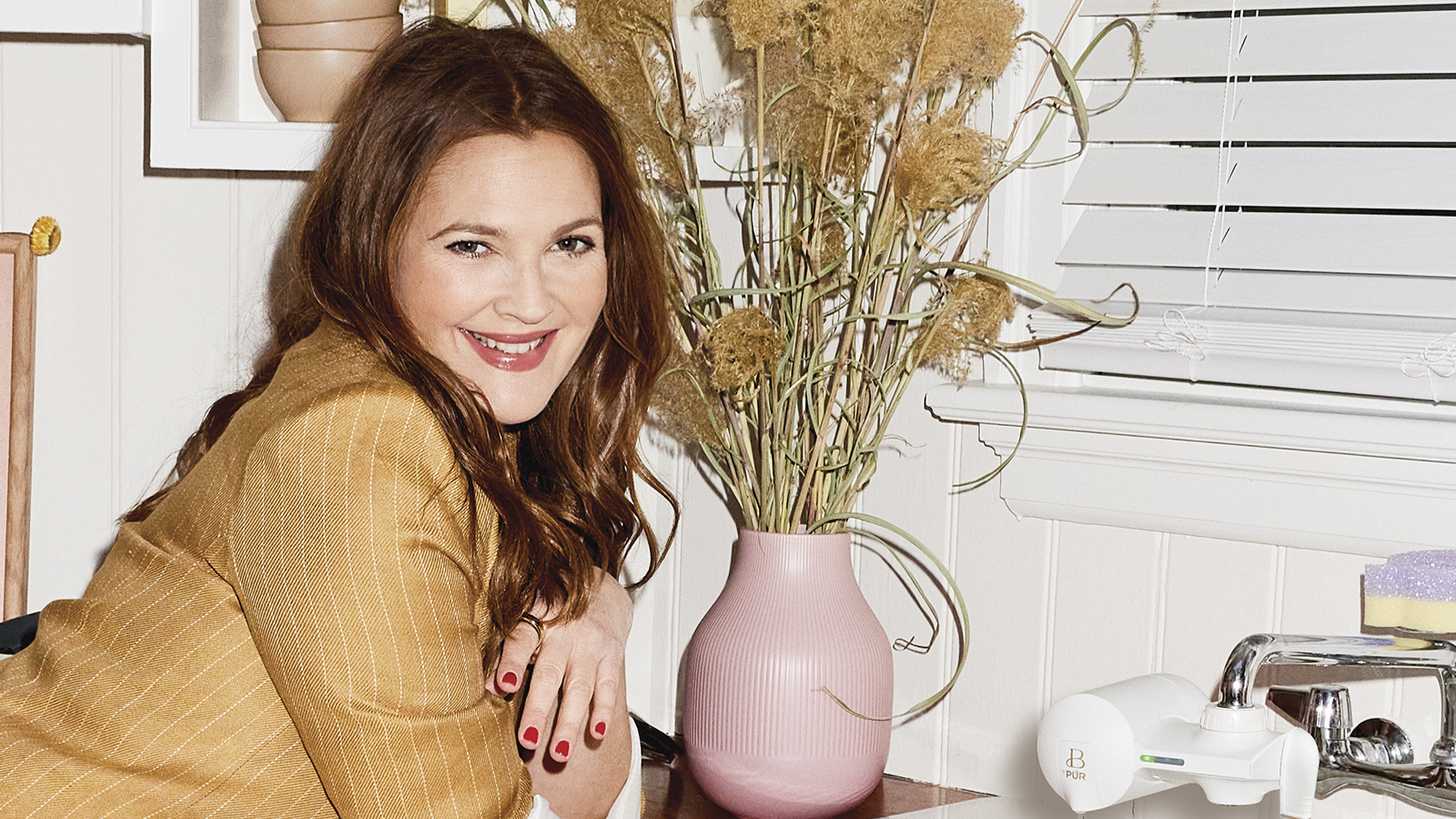 Drew Barrymore creates a 'balanced' kitchen in 4 easy steps – her rules will make your small, compact countertops feel beautiful
Drew Barrymore creates a 'balanced' kitchen in 4 easy steps – her rules will make your small, compact countertops feel beautifulDrew proves that with the right styling (and chic appliances), you can make even the smallest of kitchens look harmonious
By Hannah Ziegler Published